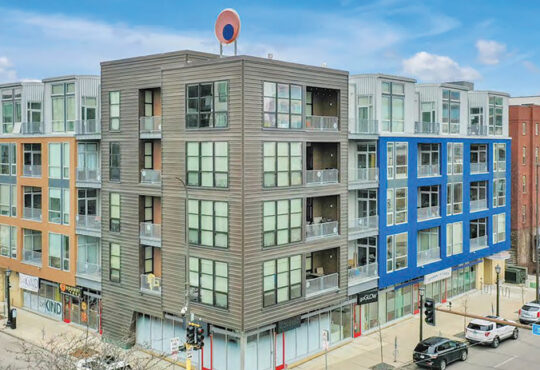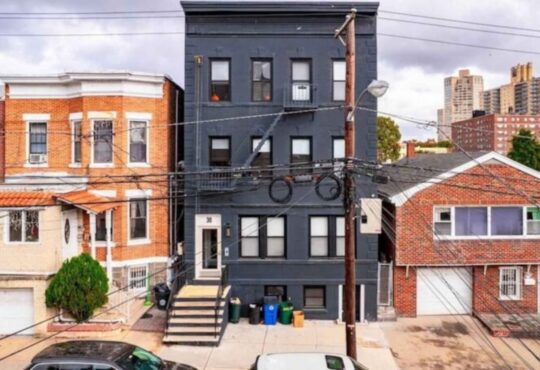
10) It’s not what you make, it’s what you keep. Talk to your accountant before listing your property for sale. Understand tax implications and whether it makes sense to sell this year or next.

9) Get your ducks in a row upfront. Have all the property information organized before putting the property on the market.
8) Don’t wait to start interviewing attorneys. Whether buying or selling commercial real estate, you should know who your attorney will be early in the process.
7) Plan ahead for inspections. A buyer will want to conduct physical inspections. A good broker will ensure the various inspections and appraisals are scheduled for the same day.
6) Understand the environmental process. Most commercial transactions require a Phase 1 environmental assessment. Sellers should ensure chemicals are properly labeled, outdoor areas are clean, and records are available.
5) A good broker qualifies the buyer. Verify a buyer has the down payment and can secure financing.
4) Get tenant estoppels out early. These can delay closing, so send them to tenants immediately upon the expiration of the inspection period.
3) For buyers, a mortgage broker can be invaluable. They streamline lender diligence, catch any pitfalls, and remove much of the stress buyers often experience.
2) Good contracts make for good outcomes. Agreements should avoid ambiguity and make clear who is responsible for what, when milestones need to be reached, and how the closing will look.
1) Hire a broker who specializes in your market and product type. Top brokers have systems to keep deals moving.






